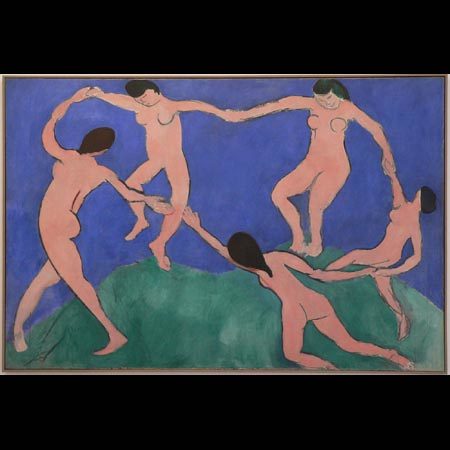The Christian understanding of God as Trinity is not so much something you have to make sense of, but a call to recognise that God is by nature relational, and that we are invited into the triune relationship of love.
Sermons on Trinity
The doctrine of the Trinity teaches us how to take sides when the Bible brings us conflicting voices, especially over persistent issues like ethno-nationalism, racism, war, and genocide.
We live in uncertain times, unsure of the future shape of the church, but Jesus sends the Holy Spirit to us, not to give us certainty, but to guide and sustain us in the uncertainty.
The recognition that in Jesus we see the exact likeness of the Father rescues us from fear and slavery and invites us to live as the beloved children of God.
The doctrine of the Trinity is not a mathematical puzzle, but an invitation to an experience of relationships, sharing in the life and mission of God.
The God revealed to us in Jesus and experienced through the Holy Spirit is so dynamic and multi-facetted that we may find it hard to believe that we are always dealing with the one God.
The doctrine of the Trinity helps us to see that, though exalted and transcendent, God is nevertheless close and personally involved with us.
Understanding God as a relational trinity can guide us into the deep loving relationships with God and one another for which we were created.
When God is understood through the revelation of Jesus and his pattern of relating, then we discover ourselves invited into generous and gracious solidarity with all creation.
The vision of the Trinity reveals some of the most important characteristics of God: radical mutual love, radically open hospitality, and transformative engagement with the suffering of the world.
The crucified and risen Jesus reveals the truth about the triune God’s grace, love and communion, and calls us to reflect those relationships in our communal life.
The God who we encounter in such different ways is, nevertheless, the one God, and we are called to share in the life of this one God.
The Trinitarian stories resemble the dreaming of Australia’s Aborigines, for both imagine the divine as a community of being in which we are invited to participate, and so find our true being.
You can’t define or dictate how people will experience God, even within the service of worship.




